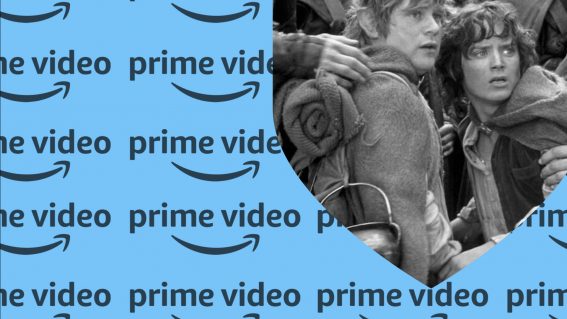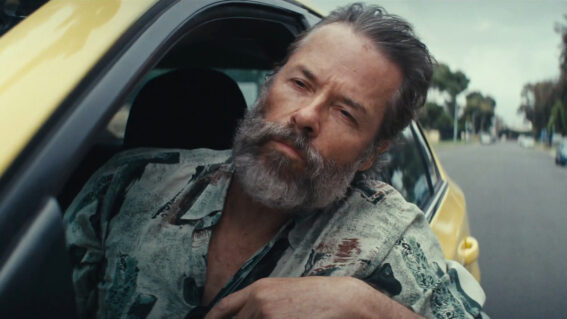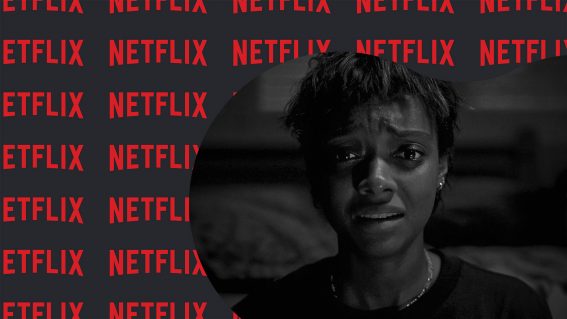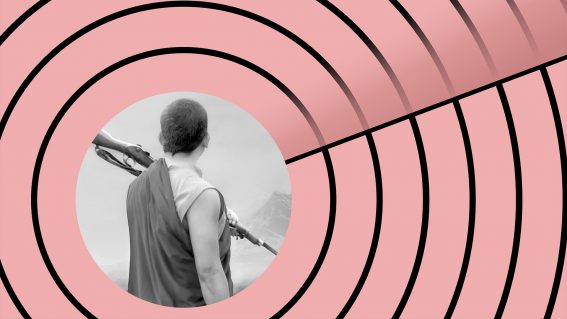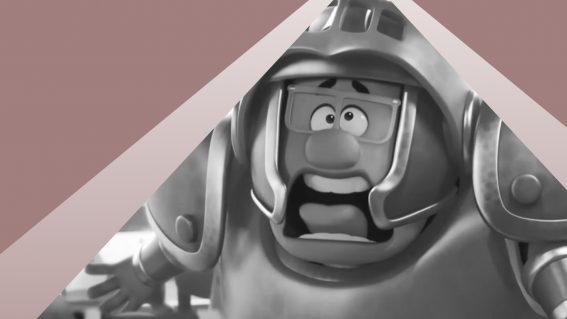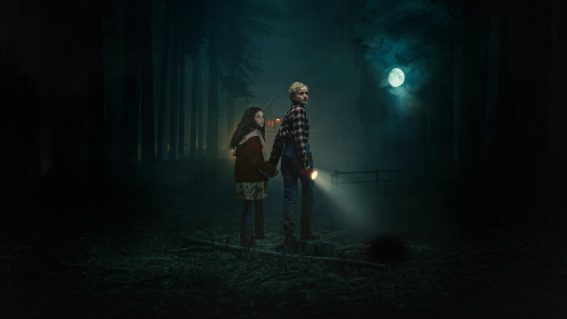Big money makes for big thrills in season 2 of finance drama Industry

With the pandemic over (for them, at least), Harper and her peers return to The Floor in season two of HBO’s cutthroat finance drama Industry. As Liam Maguren writes, the show has found a compelling way to show their evolution.
Industry: Season 2
It’s difficult to succinctly state what makes HBO’s Industry a compelling look at international finance, especially for those who have no interest in such things. I wrote about season one’s appeal in detail, but to boil all that down to an elevator pitch would be a disservice to the show and the qualities that make it stand out. Though I will say, my personal viewing notes did include the phrase: “an openly horny Succession.”
Sexcapades aside, Industry shares Succession‘s ability to keep viewers glued on big-money hunters, and while the world of investment banking doesn’t initially sound like a seductive setting for common viewers, Oscar contenders like The Wolf of Wall Street and The Big Short proved otherwise.
Industry works on a more grounded level though, akin to JC Chandor’s excellent Global Financial Crisis thriller Margin Call which observed the putrid culture fertilising Wall Street. Knowing their jobs could fold without warning, characters in that film often asked each other if they were “still alive,” one of many phrases that spoke to the normalisation of the Swimming With Sharks mentality. Perhaps the blood sport is part of what makes these stories so engrossing.
Those attitudes carry over to London, where Industry is set. Some bankers didn’t “survive” the first season, with one poor chap literally dying at the end of episode one. This second season takes place after the initial onslaught of COVID, which millions didn’t survive (for real), and the show’s setting finds an appropriate response to the global pandemic by almost completely ignoring it.
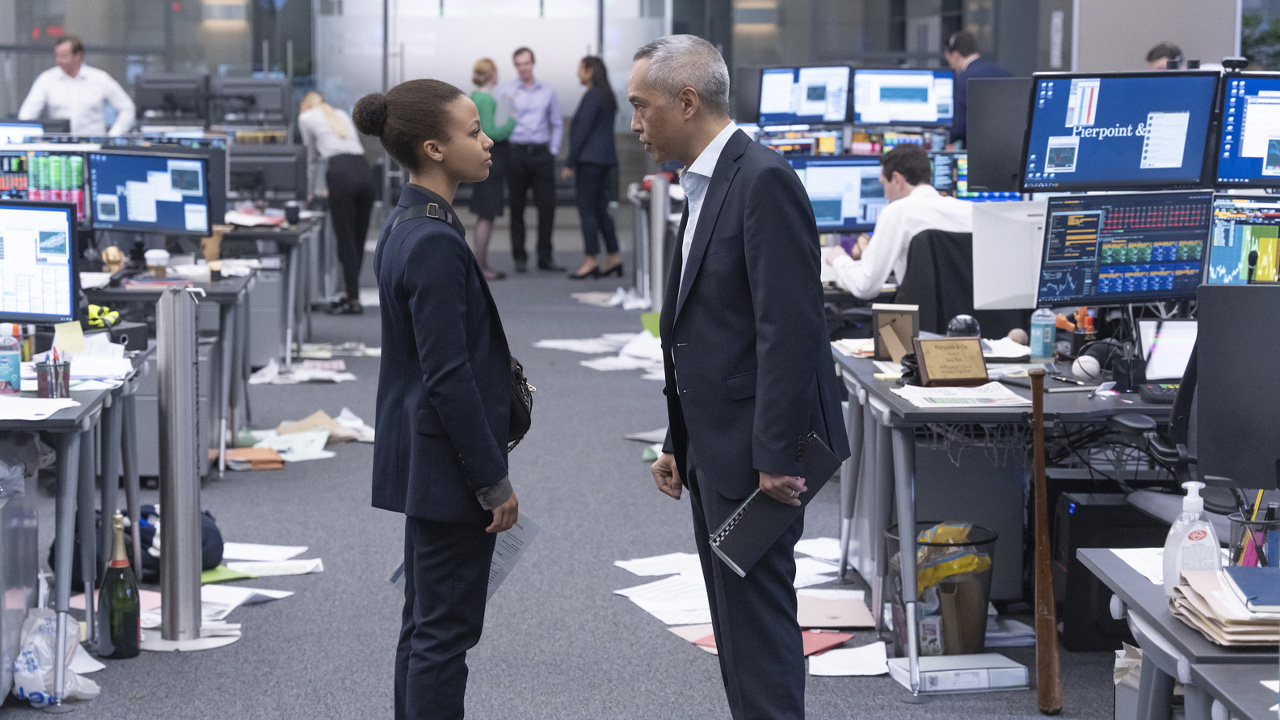
As we’ve all witnessed, many people are keen to reclaim their pre-pandemic lives despite still being in a pandemic, and no industry’s keener to get “back to normal” than big-money finance. To the chest-beating traders working on The Floor, vaccines are stock and masks are for poor ugly people. You’ll occasionally hear COVID updates in the distance because that’s what it is in this environment: background noise. Any other slivers of silence are filled by tapping keyboards, ringing phones, and squawking off-screen quips like: “Is anyone young enough to give a fuck about meme stocks!?!?”
It’s no wonder that American import Harper (Myha’la Herrold) ain’t too keen to stop working from home. (Sorry, that’s what us “normies” call it. She works from a hotel room.) Unfortunately, her fellow Yankee mentor Eric (Ken Leung), who got “fired” and subsequently “unfired” last season, makes a painfully compelling case for her to return to this mess of screens and shouting.
As one of the only recognisably human characters on the show, Harper is a superb audience conduit for this boiling sludge pit of an office environment. Her once wide-eyed enthusiasm to prove her worth is now a steely gaze bred from three years of experience, with Herrold relaying this with complete conviction.
In last season’s finale, Harper appeared to have the potential to do the impossible and help change the toxic culture surrounding her. Whether she wants to is still up in the air.

Despite their growth, Harper and Yasmin (Marisa Abela) can’t let go of their petty personal squabbles from season one. This might seem superficial in comparison to super finance, but when their beef starts to affect business, matters get real juicy.
It’s hard to choose sides though, since Yasmin’s gone through a similar growth spurt, carrying herself with a reinforced backbone on The Floor and asserting herself at opportune moments—whether she’s rubbing shoulders with clients or cocaine into her gums. Unlike Harper, however, Yasmin seems more willing to become a shark to make her mark.
Then there’s Robert (Harry Lawtey) whose career has crawled in comparison, with the years of being a sexual and financial schmuck paying a visible toll on him. Intriguingly, he seems more humbled by his experiences: no longer the man who thinks he could bang anyone he wants, he genuinely values being a good mate. It’s almost like money isn’t everything in this world.
Big money does make for big thrills, though. With five minutes on the clock and tens of millions of dollars hinging on a couple of phone calls, it’s impossible not to feel the rush when Industry drops a scene of a make-or-break trade. The show does a tremendous job relaying the exhilaration of landing the huge bucks and the stomach-sickening devastation of losing said bucks, with The Floor’s relentless sights and sounds adding to the spectacle. During that high, it becomes apparent why these people sell their humanity for the trade, and why a corner office is referred to as a coffin.

This season welcomes Emmy-winning writer/producer/actor Jay Duplass (Transparent, Search Party) as big cheese investor Jesse Bloom. Sharing the same hotel as Harper, Jesse can easily sniff out her keenness to get into his good books but doesn’t come across as a soul-selling cyborg like his mega-rich peers. Dare I say, he’s actually likeable, the type of guy who really wants to have a beer with someone not trying to sell him NFTs. This might be why he finds Harper so intriguing.
Then again, you can’t rule out the idea of a guy named Mr Bloom being duplicitous, especially in an industry that relies on people faking it to make it. You certainly hope that’s not the case, which speaks to Industry‘s engrossing David v Goliath appeal, where David is authenticity and Goliath is the gigantic world of global finance.
Season two of Industry transforms its characters alongside the transformed world, even if they try to ignore a world that isn’t revolving around them. As flawed and self-absorbed as they can be, they also show moments of genuineness and humanity that can’t be denied. That can be a hard stock to invest in because it’s so much easier to categorise people into “good guys” and “bad guys”, but their merits make you believe that—one day—they could make a shitty workplace environment a little less shitty for everyone.




